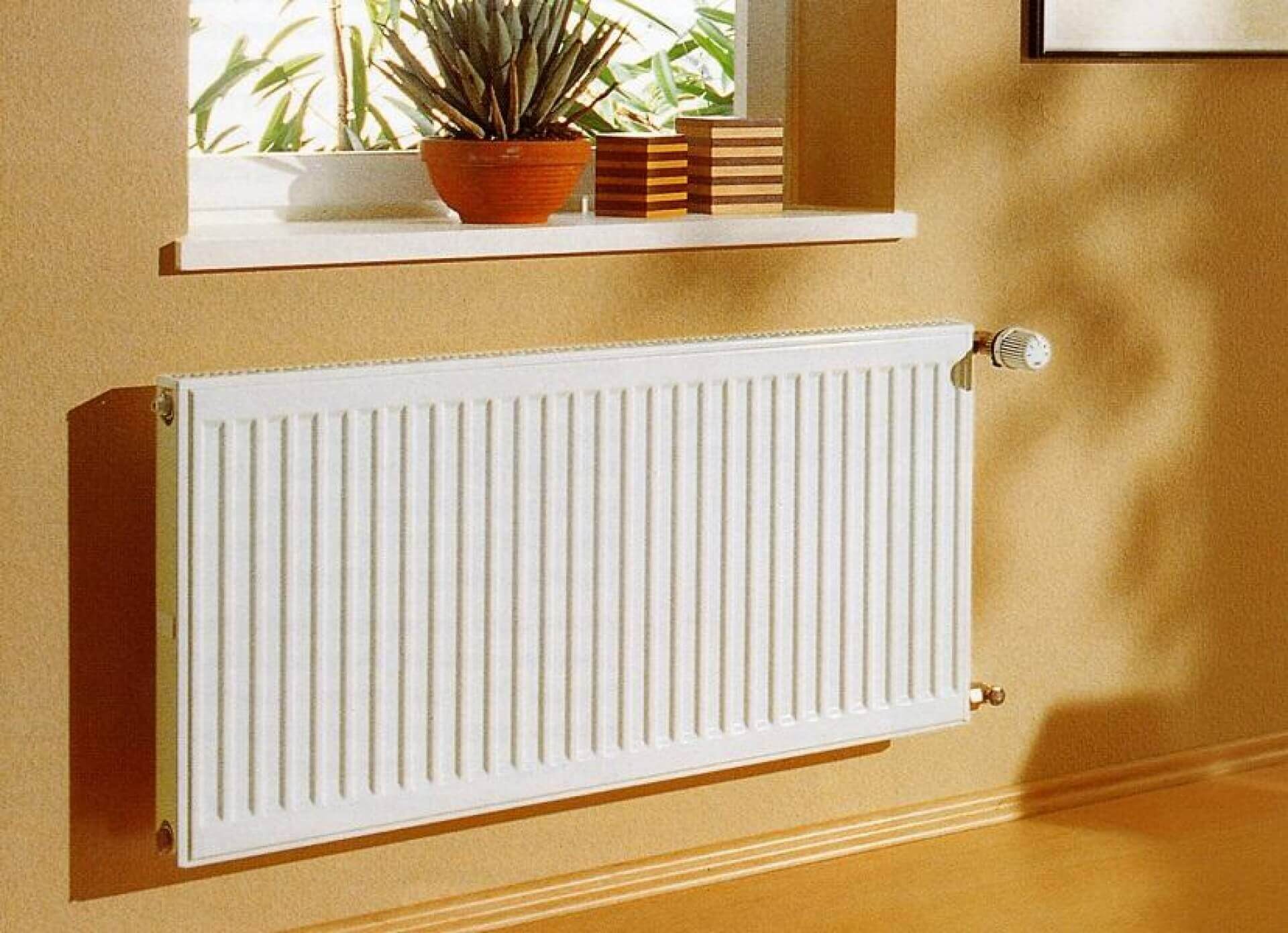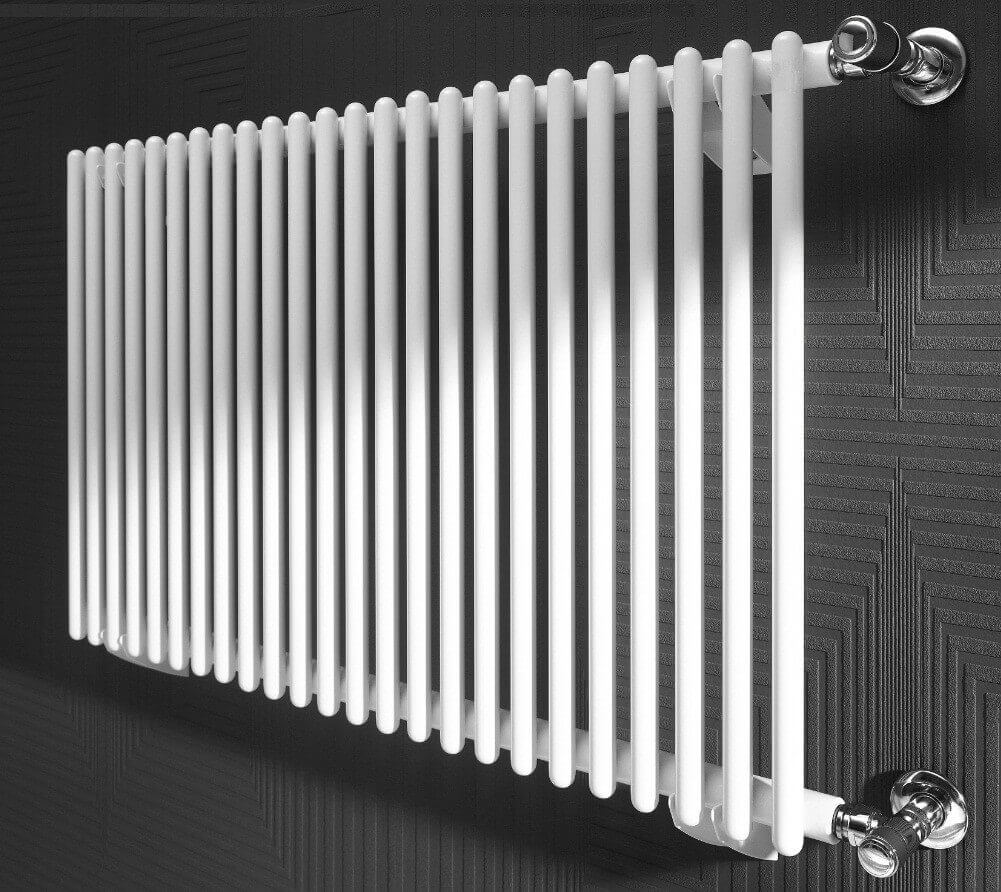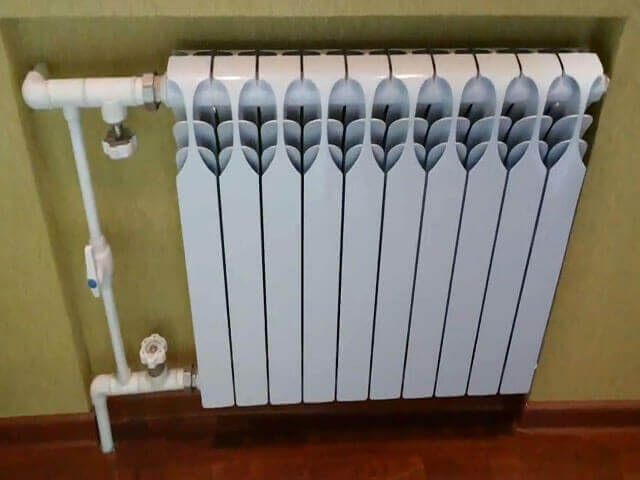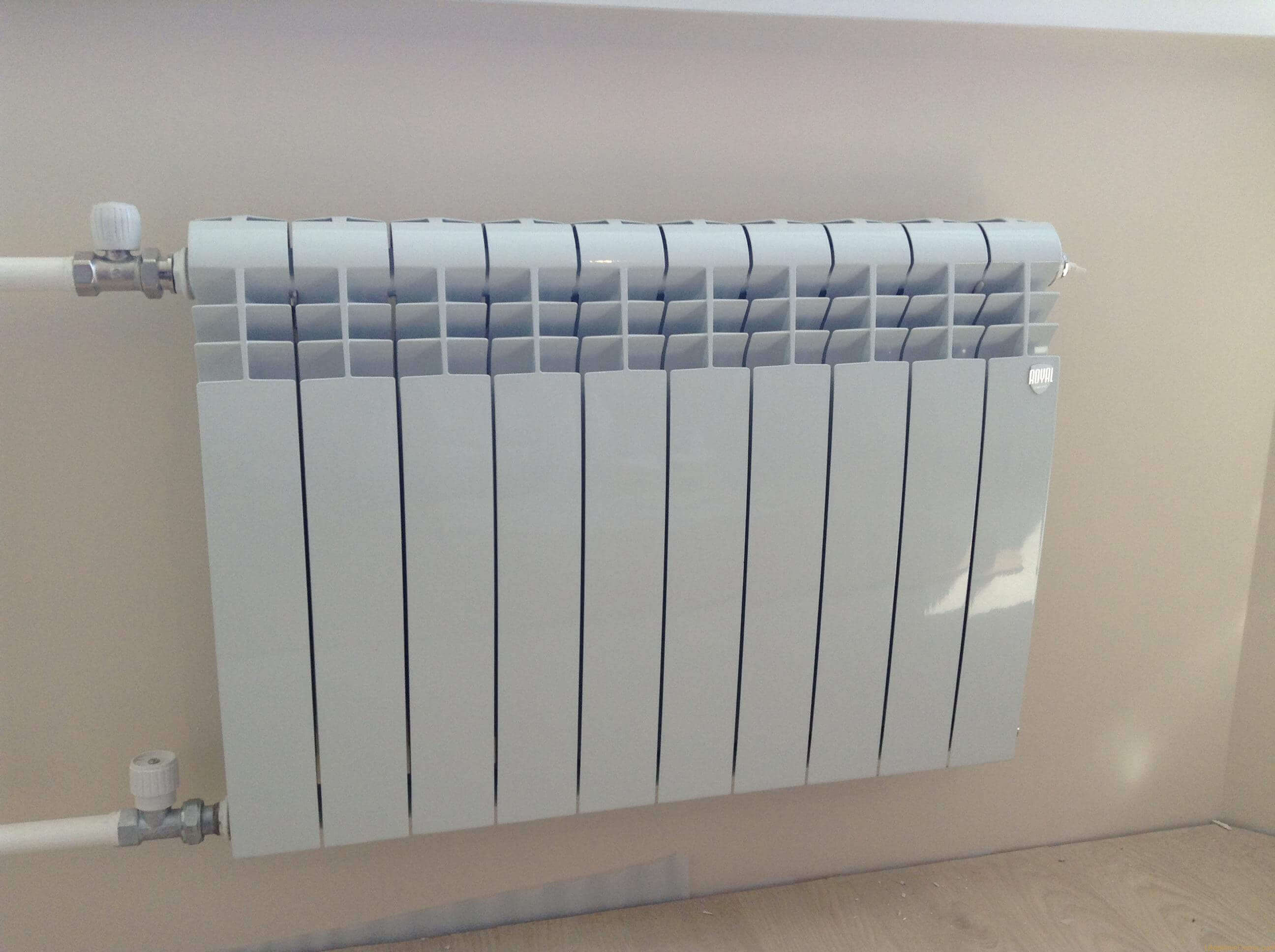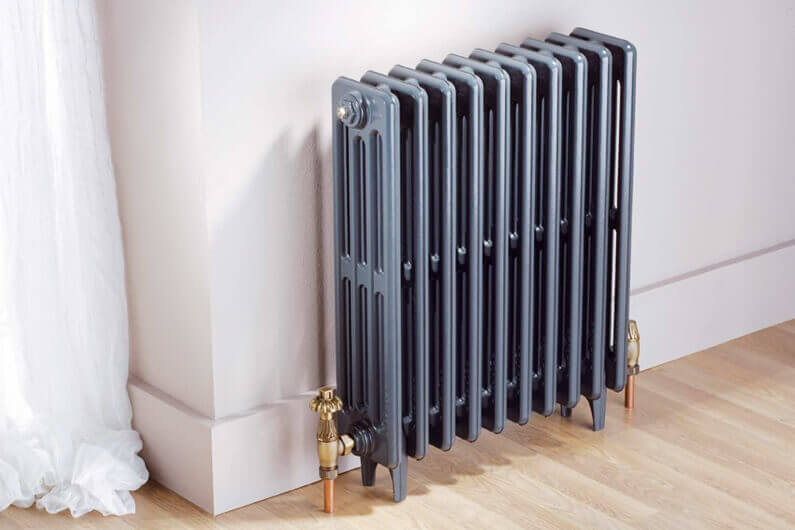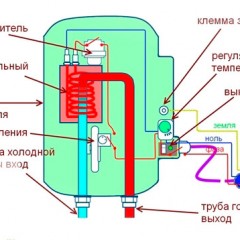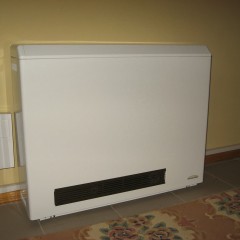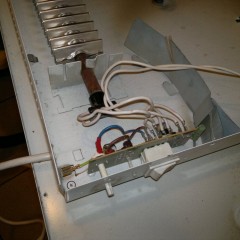Which heating radiator is best for home
What to look for when choosing batteries
The main advantage of the cottage is autonomous heating, which can be calculated and installed according to your wishes. When choosing the best device for your home, you should focus on the maximum heat transfer coefficient, price-quality ratio. Consider the types of radiators to understand what you can choose for a private house.
Tubular and panel steel models
Panel and sectional steel models are the most budgetary of the entire variety of assortment. Their features: good heat transfer indicators, compactness, perfectly fit into the design of the premises. Depending on the version, the ability to connect to the entire system varies. If the window openings are wide, panel radiators can block the flow of cold air. So you reduce the risk of drafts, heat loss.
The cost of tubular radiators is slightly higher than previous representatives. Technical parameters practically coincide with the sectional equipment, a higher price is due to the design. Tubular solutions are suitable for large families, since it is very convenient to dry things on them.
Pluses of steel radiators:
- availability, good efficiency;
- durability;
- low oxidizability when using low-quality water;
- small dimensions, easy installation of a heating radiator.
Minuses:
- normal design, the device will not become a decorative element in the house;
- the need for flushing about 3 times a year to prevent the accumulation of deposits;
- Batteries must always be full, otherwise rust will form. This reduces the service life.
Aluminum
Distributed for heating cottages and private houses due to high power, attractive design. Battery prices vary by manufacturer. Similar radiators from foreign manufacturers are more expensive, but also durable.
When choosing aluminum batteries, a number of important nuances should be taken into account:
- They are sensitive to the characteristics of the circulating fluid. The acidity of the water should always be at the required level so as not to destroy the radiators in the first years of use.
- The need for accurate calculation of the area.The warm stream very quickly goes up, due to which temperature differences are noted between the ceiling and the floor. The result of an incorrect calculation is a cold floor.
If you consider these points, the batteries will last you a long period, while the heat transfer will be quite good.
Bimetallic
The equipment is covered on the outside with aluminum fins, the inside is made of steel. Quality products are coated with an anti-corrosion primer on the inside and outside. Withstand pressure in 20-35 atmospheres. Advantage - there is no need for special technical conditions for circulating water. The disadvantage is expensive for the average buyer.
For houses, this option is not the best, since there will be no high pressure in the local system, that is, increased strength is not needed. It is better to choose a heating radiator from offers for which the price is lower.
Cast iron
Aluminum batteries heat up quickly, cool just as quickly, but with cast iron the opposite is true. Excellent resistance to corrosion processes and reliability are noted. Their cost is higher than steel and aluminum appliances, but lower than bimetal. The main disadvantage of such products is their overweight.
What to choose for the house
In terms of price-quality ratio, it is most advisable to choose between panel steel batteries and aluminum. When comparing the two types, steel products still win in practicality, efficiency, reliability, price. Consultation of store managers where you will order will help you with the final choice of radiators.

